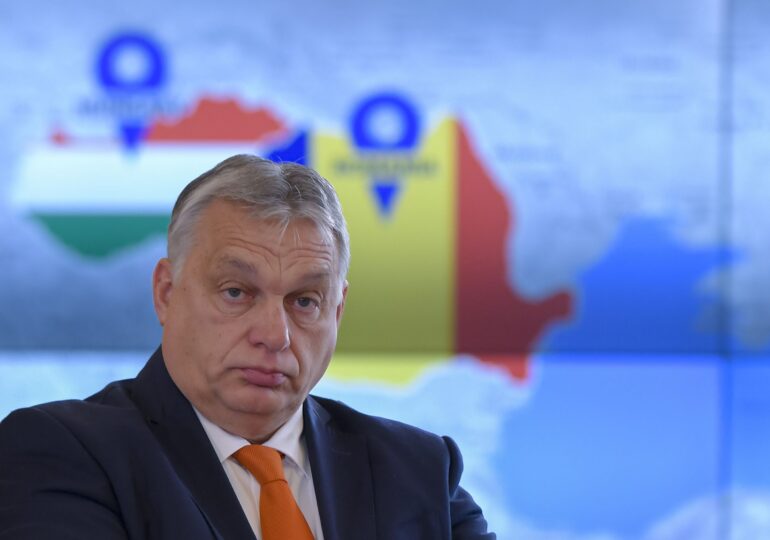After a wave of fierce criticism from former UDMR leader Markó Béla towards Viktor Orbán, the Hungarian government has come out publicly to defend its position.
Foreign Minister Péter Szijjártó claims that Budapest acted correctly by choosing not to directly involve itself in the Romanian presidential elections and reaffirmed its openness to collaborate with the new president Nicuşor Dan.
"We were right not to interfere in the Romanian presidential election process," Szijjártó said during the meeting of Foreign Ministers from the Turkic States Organization held in Budapest.
His statements come after Markó Béla criticized in harsh terms the tacit support given by Prime Minister Viktor Orbán to candidate George Simion, the leader of AUR, perceived as an extremist figure in Romania.
Message of reassurance after the Hungarian electorate's reaction
The Hungarian official emphasized that their government's position is one "of responsibility and openness," reiterating their interest in maintaining good neighborly relations and protecting the rights of ethnic Hungarians in Transylvania and Szeklerland.
"We have expressed our willingness to cooperate with the winner, in the interest of the Hungarian community. Would it have been wise to say that we refuse cooperation in the case of a certain outcome?" rhetorically asked Szijjártó, as quoted by MTI, via Agerpres.
This diplomatic positioning comes after the overwhelmingly negative response from Hungarians in Romania towards the candidate supported by Orbán.
Unofficial data indicates that approximately 90% of Hungarian voters supported Nicușor Dan in the second round, sending a clear political signal against Orbán's involvement.
Markó Béla: "A bad state idea for Hungarians in Transylvania"
Former UDMR leader Markó Béla launched a very harsh attack on the Hungarian Prime Minister, accusing him of promoting a political vision that harms the Hungarian community outside the borders.
"It is more than a mistake. It is a vision of Europe and a state idea that is bad for Hungarians beyond the border and very bad for Hungarians in Transylvania," Markó stated in an interview broadcasted by Hungarian radio station Klubrádió.
His statements reflected the widespread dissatisfaction among Hungarians in Romania, who perceived the indirect support for George Simion as a form of betrayal.
Simion, known for his nationalist rhetoric and frequent attacks on minorities, was perceived as an incompatible choice with the values and interests of the Hungarian community.
Orbán and the MAGA fraternity
The controversy was amplified by a message posted on May 9 by Viktor Orbán, in which, without directly naming Simion, he expressed agreement with his ideas about a "Europe of nations" and Christianity as a fundamental value.
"We completely agree with what the candidate said: it is time for a Christian Europe," Orbán wrote on X (former Twitter).
His support was interpreted as part of a "MAGA brotherhood" - a reference to the ideological axis Orbán-Trump-Simion. This association generated negative reactions both in the Romanian public opinion and among the Hungarian political elite in Transylvania.
An exemplary mobilization of the Hungarian community
Markó Béla highlighted in his intervention the mature reaction of the Hungarian electorate.
"The second round of elections is concrete proof that Hungarians in Transylvania have the good sense to act united in key moments. They did not listen to Orbán but pursued their own interests," emphasized the former UDMR leader.
This detachment from Budapest is rare, considering the historical and cultural support that the Hungarian government has consistently provided to Hungarian communities outside the borders.
Following the wave of negative reactions, Viktor Orbán returned with a more measured message, emphasizing that Hungary does not want to influence the elections in Romania.
"The Hungarian government considers the UDMR's position decisive, and the interest of Hungarians in Transylvania is the indicator for our policy," Orbán wrote on Facebook on May 10, after a phone call with UDMR leader Kelemen Hunor.
This partial retraction shows how sensitive the subject is and how risky political interference can become in the electoral space of a neighboring state, especially when dealing with a well-organized community attentive to its own interests.

